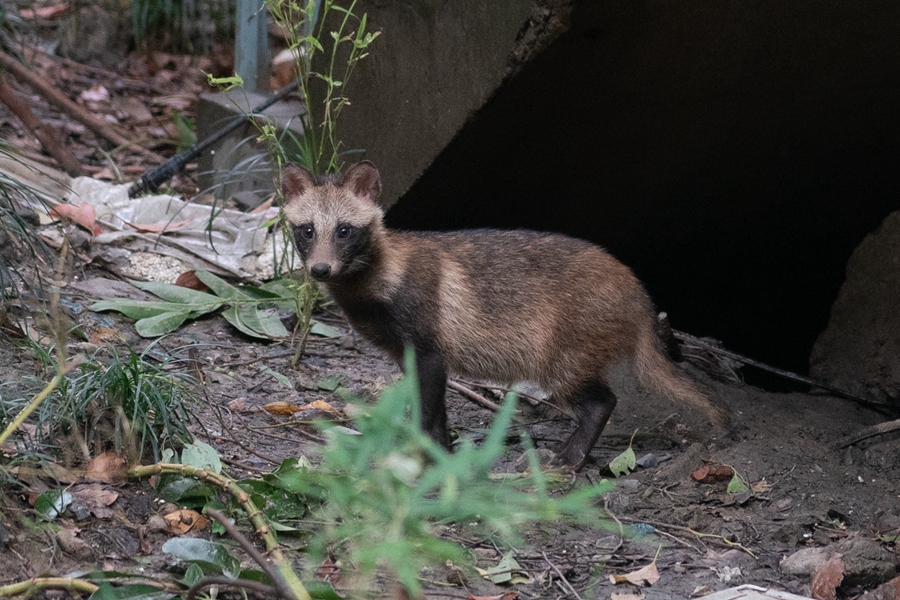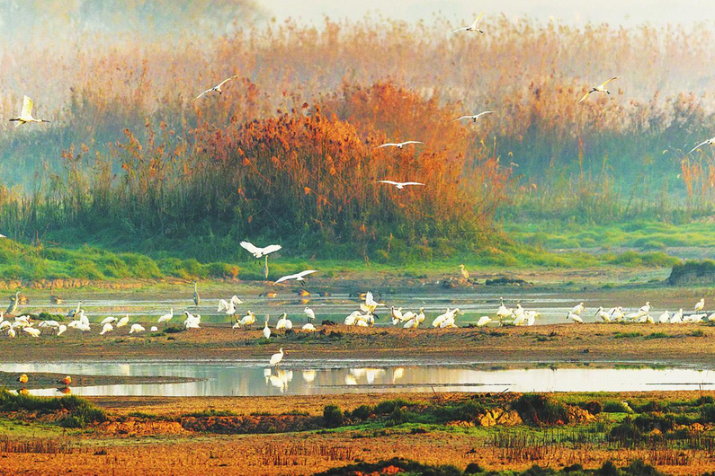Wild animals thrive as environment improves


Biodiversity question
The recovery of wild animal populations raises a significant question-are humans fully prepared for improved biodiversity?
Last month, residents at Rosebush Country, a residential compound in a Shanghai suburb, complained about the frequent appearance of raccoon dogs.
Local media reported that several people had seen the animals, with video footage showing a confrontation between a raccoon dog and a resident walking two dogs in the compound.
Gu Xuzhong, deputy head of the Songjiang forestry station, which is responsible for protecting wildlife in the area, said that last year about 70 neighborhoods in the district reported seeing raccoon dogs, which are under State protection and have spread to 100 neighborhoods in the district to date.
Last year, the Shan Shui Conservation Center, a non-governmental organization that deals with such incidents, launched an investigation into raccoon dogs in Shanghai.
The probe found that the animals had spread mainly in the districts of Songjiang, Minhang and Qingpu, while smaller numbers of them were reported in Yangpu and Pudong.
Wang Fang, a researcher at the School of Life Sciences at Fudan University, said raccoon dogs are mainly attracted by food left by people for cats living wild in cities.
After studying the behavioral changes in wild animals caused by urbanization and human activities, Wang said the number of raccoon dogs, a native species in the wild, has risen in Shanghai due to the improved environment.
"Leftovers have become the new source of food for these animals, and instead of caves and tree stumps, they are now living in spaces under buildings and in abandoned sewage pipes," he said.
Wang added that the rising number of raccoon dogs in the city has also inevitably resulted in conflicts with local residents. For example, reports of clashes between the animals and domestic pets, especially dogs, have been commonplace in recent years.
Zhao Qianqian, a graduate student at the School of Life Sciences at Fudan University, who investigated the raccoon dogs at the Rosebush Country compound on June 6, said the animals were probably protecting their cubs when they confronted the dogs.
























